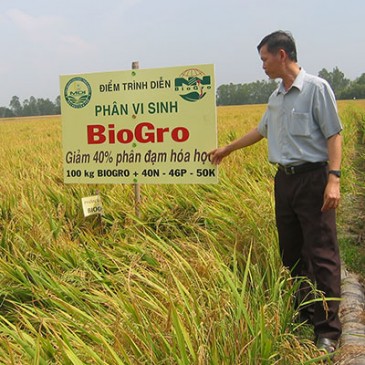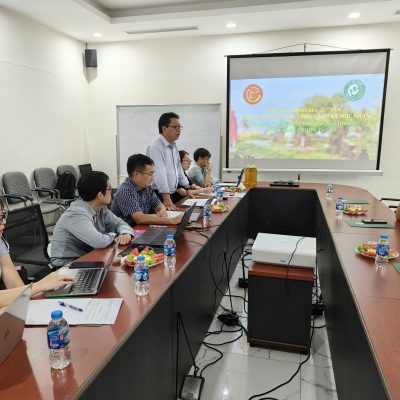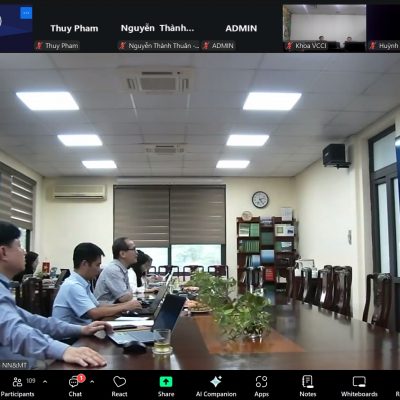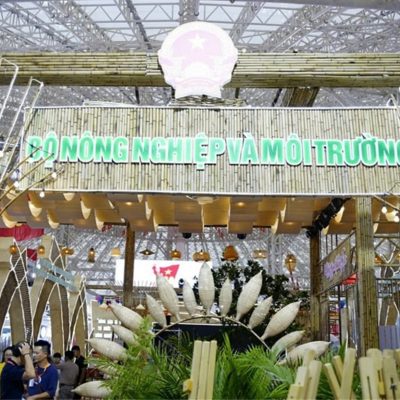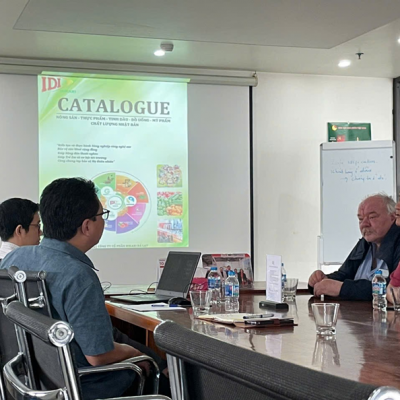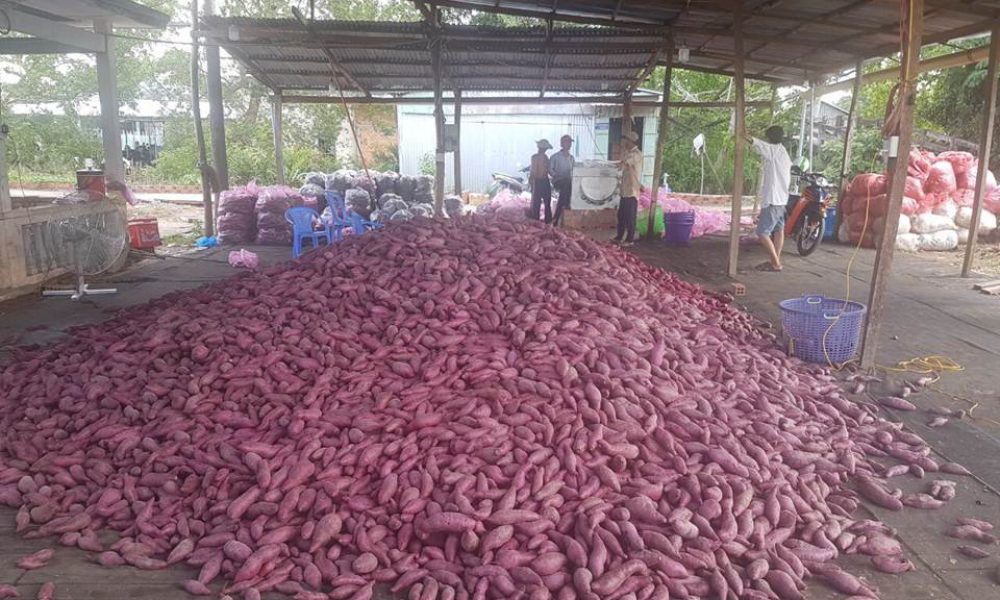
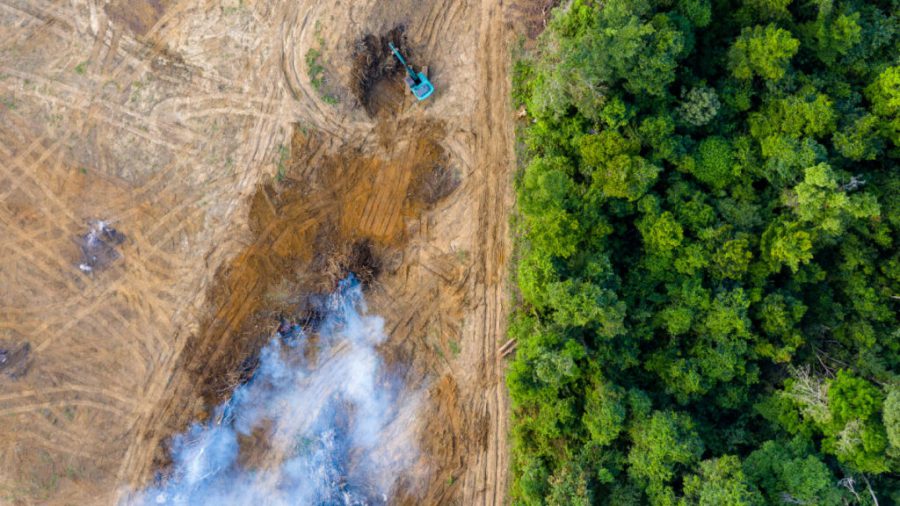
How biodiversity-linked commercial development can aid COVID-19 recovery?
No rainforests are being cleared to grow palm oil and rubber / © whitcomberd
A new call to action to help countries turn BioTrade into a lever for pandemic recovery and adaptation.
First, Global Summit dedicated to biodiversity held on the day 30 month 9, Leaders of various countries say the COVID-19 pandemic is an opportunity for countries to put ambitious action plans at the heart of their post-Corona economic recovery strategies..
One of the tools used by countries is Bio-Trade (BioTrade) – the concept of harvesting, manufacturing, conversion and commercialization of goods and services derived from biodiversity according to the BioTrade Principles and Criteria , a set of guidelines emphasizing environmental sustainability, social and economic.
Members of UNCTAD's Steering Committee on BioTrade have issued call to action towards countries to promote BioTrade for better economic recovery after the pandemic, because the conservation and sustainable use of biodiversity can create jobs and economic growth while protecting the global environment.
“Commercial Link, Biodiversity and sustainable development are an imperative path towards enhancing community resilience and adaptation., the private sector and ultimately the national level in COVID-19 recovery efforts”, Lorraine jaramillo, UNCTAD economic official said.
BioTrade for recovery and adaptation
Initiative BioCommerce by UNCTAD is one of the measures to promote legal trade, sustainability and traceability for biodiversity-based goods and services in line with the objectives of Convention on Biological Diversity (CBD) and Convention on International Trade in Endangered Species, endangered wild plants (CITES).
BioTrade partners and other actors have called on countries to foster a balanced relationship between post-COVID-19 economic recovery policies and various aspects of sustainable development..
“We call for this to be done through conservation, regeneration, sustainable use of biodiversity and building socioeconomic and livelihood benefits, especially in rural communities” citing part of their joint statement.
According to the signatories, This will contribute to building a good future, Healthier and more sustainable for everyone: nation, enterprise, community and people.
The Parties emphasize that the sustainable use of biodiversity and the trade in the products and services it derives from it is closely linked to the building of sustainable livelihoods..
“Biodiversity is the main source of food security and household income, secure the livelihoods of indigenous peoples and rural communities. It is also a hub for biodiversity-based companies.”.
Avoid future pandemics, increase action
The statement notes that “trade in products and services of biodiversity friendly origin is an essential factor for reducing the risk of occurrence and spread of avian influenza and therefore the risk future pandemics in the post-COVID-19 world”.
The declaration calls on countries to step up actions to achieve these United Nations Sustainable Development Goals , the goals of global biodiversity framework after year 2020 and Paris Agreement about climate change.
States should promote sustainable trade in biodiversity-based products and services under fair and equitable benefit-sharing schemes., according to the statement.
Members state that economic incentives for conservation, restoration and sustainable use of biodiversity, such as BioTrade, play an important role in the recovery period after COVID-19.
Such initiatives can directly contribute to limiting and preventing biodiversity loss, Deforestation and habitat conversion, Pollution activities and illegal wildlife trade, they say.
Members reaffirm that the Principles and Criteria for Bio-Commerce Year 2020 of UNCTAD also as relevant tools and standards can help countries develop sustainable industries and businesses based on biodiversity, while at the same time shifting towards local economic development through sustainable trade.
Source: UNCTAD

